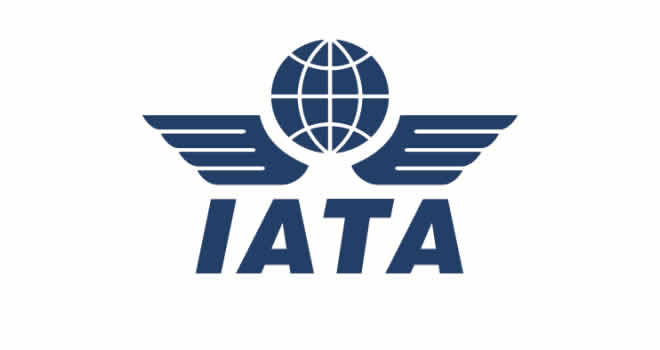According to the International Air Transport Association (IATA), foreign airlines are finding it increasingly difficult to retrieve their earnings from Nigeria, with blocked funds totaling $812.2 million.
This situation is part of a growing global concern about frozen funds, which threatens global airline connectivity and economic activity.
According to IATA, global blocked funds increased by 47% in April 2023 to $2.27 billion, up from $1.55 billion in April 2022.
This increase indicates that airlines are having difficulty repatriating commercial earnings from specific markets, making it difficult to maintain the critical connectivity that drives global economic activity and job creation.
Willie Walsh, Director-General of IATA, emphasized the importance of resolving this issue.
Airlines cannot continue to offer services in markets where they are unable to repatriate the revenues arising from their commercial activities in those markets,” Walsh said.
Governments need to work with industry to resolve this situation so airlines can continue to provide the connectivity that is vital to driving economic activity and job creation.
According to IATA’s most recent estimates, five countries, including Nigeria, account for an alarming 68.0% of total blocked funds.
Nigeria ($812.2 million), Bangladesh ($214.1 million), Algeria ($196.3 million), Pakistan ($188.2 million), and Lebanon ($141.2 million) are the countries involved.
As a result of this situation, IATA has urged governments to follow international treaties and agreements that allow airlines to repatriate funds earned from ticket sales, cargo space, and other operations.
Noncompliance could endanger the aviation industry’s stability and continuity.
IATA urged governments to abide by international agreements and treaty obligations to enable airlines to repatriate these funds arising from the sale of tickets, cargo space, and other activities, Walsh restated.








Discussion about this post